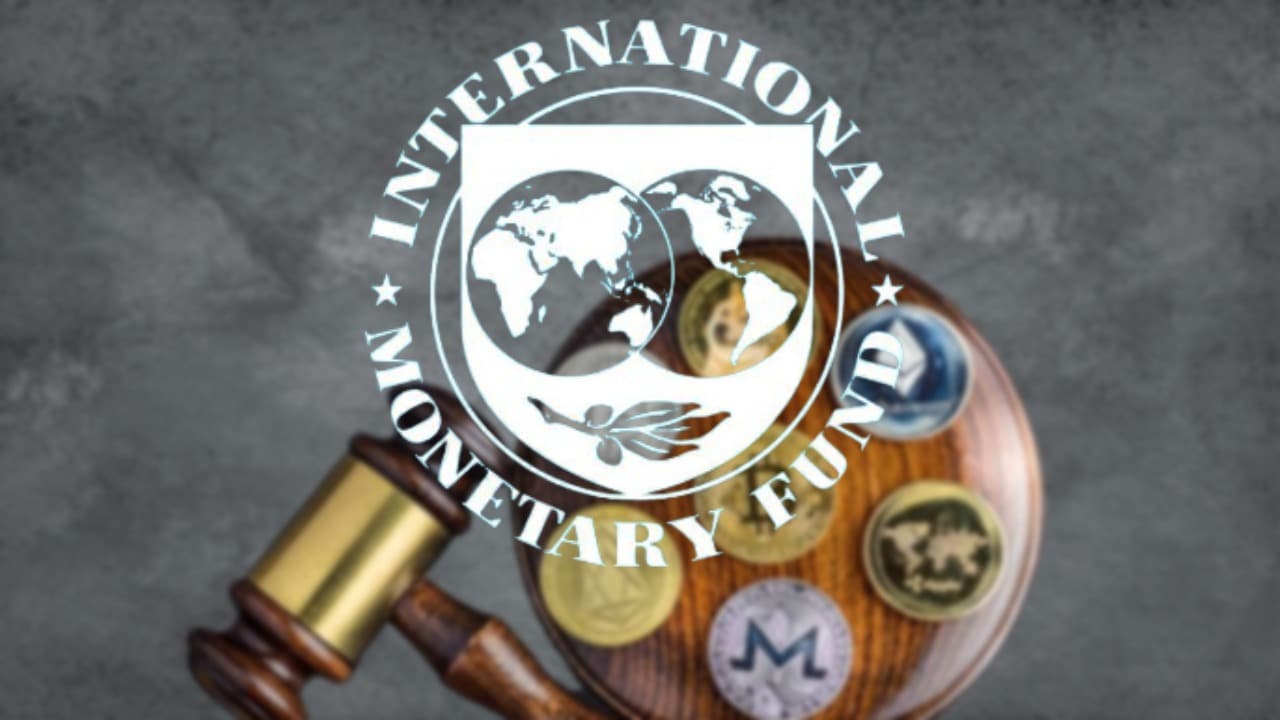IMF Proposes Tighter Crypto Regulation Instead of Outright Ban
In a recent interview, the International Monetary Fund (IMF) managing director (MD) Kristalina Georgieva proposed to differentiate between central bank digital currency (CBDC) and publicly issued crypto assets along with stricter cryptocurrency regulation rather than enforce an outright ban. Following the catastrophic failure of FTX, calls for stringent crypto regulation has grown louder. Financial regulators ... Read more

In a recent interview, the International Monetary Fund (IMF) managing director (MD) Kristalina Georgieva proposed to differentiate between central bank digital currency (CBDC) and publicly issued crypto assets along with stricter cryptocurrency regulation rather than enforce an outright ban.
Following the catastrophic failure of FTX, calls for stringent crypto regulation has grown louder. Financial regulators from all across the world are contemplating various ways to monitor the world of digital assets in order to combat domestic and international criminal activities and, supposedly, to “protect investors and traders”.
Of late, the United States Securities and Exchange Commission (SEC) has been aggressively pursuing increased regulation on cryptocurrencies and has sued large cryptocurrency exchanges and custodians. The American regulator has come down heavily on the digital asset sector with SEC Chair Gary Gensler noting the rapid proliferation of cryptocurrency outfits resemble the “wild west”.
There has to be more Regulation says IMF
"There has to be more regulation,” IMF Managing Director Kristalina Georgieva says https://t.co/TMq6eWWwwf
— Bloomberg Crypto (@crypto) February 25, 2023
In the latest development, Georgieva explained there was still much confusion around the classification of digital money such as CBDC and other cryptocurrency including Bitcoin (BTC), Ethereum (ETH) and others. She delineated the emergence of stablecoins that attempt to peg their market value to some external reference and are more useful than cryptocurrencies as a medium of exchange.
The IMF exec further noted Fully-backed stablecoins create a “reasonably good space for the economy,” but non-backed crypto assets are speculative, high risk, and not money. Georgieva added,
“Our first objective is to differentiate between central bank digital currencies that are backed by the state and publically issued crypto assets and stablecoins.”
This is not the first time Georgieva proposed stricter regulatory policies on crypto assets. She had recently sparked controversy after commenting about a potential complete ban on cryptocurrencies. Recently, the IMF laid out a nine-point action plan for how countries should treat crypto assets, specifying not to give cryptocurrencies such as Bitcoin (BTC) legal tender status.
The global financial agency also noted that countries should establish international arrangements to enhance supervision and enforce regulations, as well as set up ways to monitor crypto’s impact on the stability of the global monetary system.
Why Stringent Regulation May Prove Detrimental to Crypto?

The ongoing debate regarding stricter rules threatens the evolving crypto industry that could make it difficult to sell assets causing a market-wide price drop. These rules will also make it more difficult for users to hold crypto assets in their own self-hosted wallets. Pushing excessive regulations on the crypto industry is likely to make crypto more risky as decentralized protocols built on the blockchain are already safer and more transparent than most regulated financial companies.
With the rise of cryptocurrencies and the emergence of crypto subecosystems such as non-fungible tokens (NFT), and decentralised finance (DeFi) platforms, it is clear that the world is on the cusp of a financial revolution. However, the survival and success of this new financial order depend on one crucial factor, the global crypto regulation.







